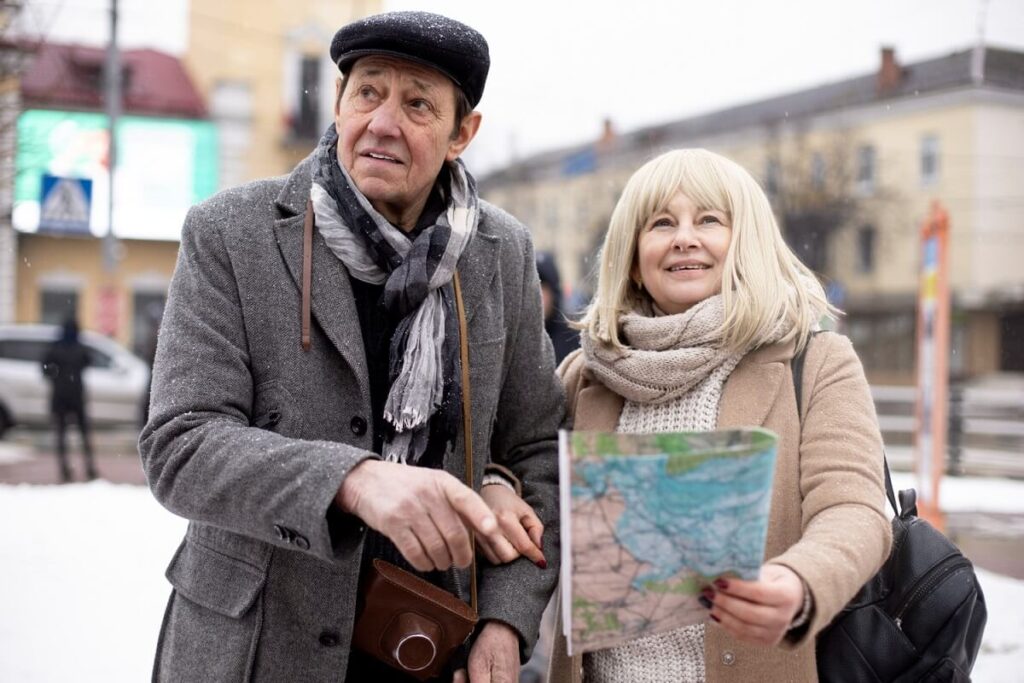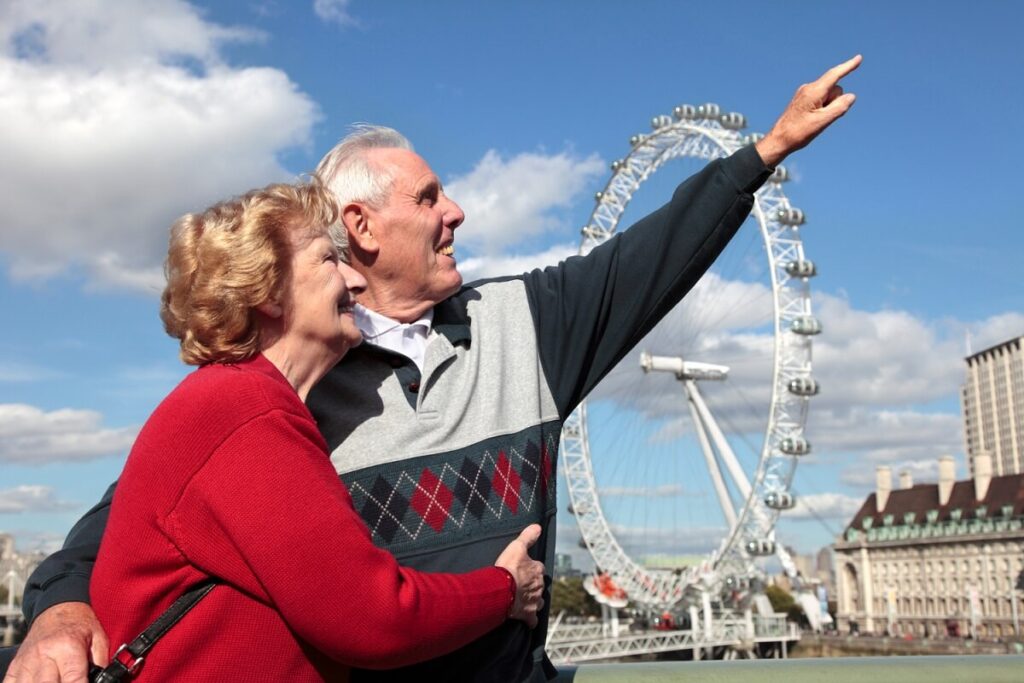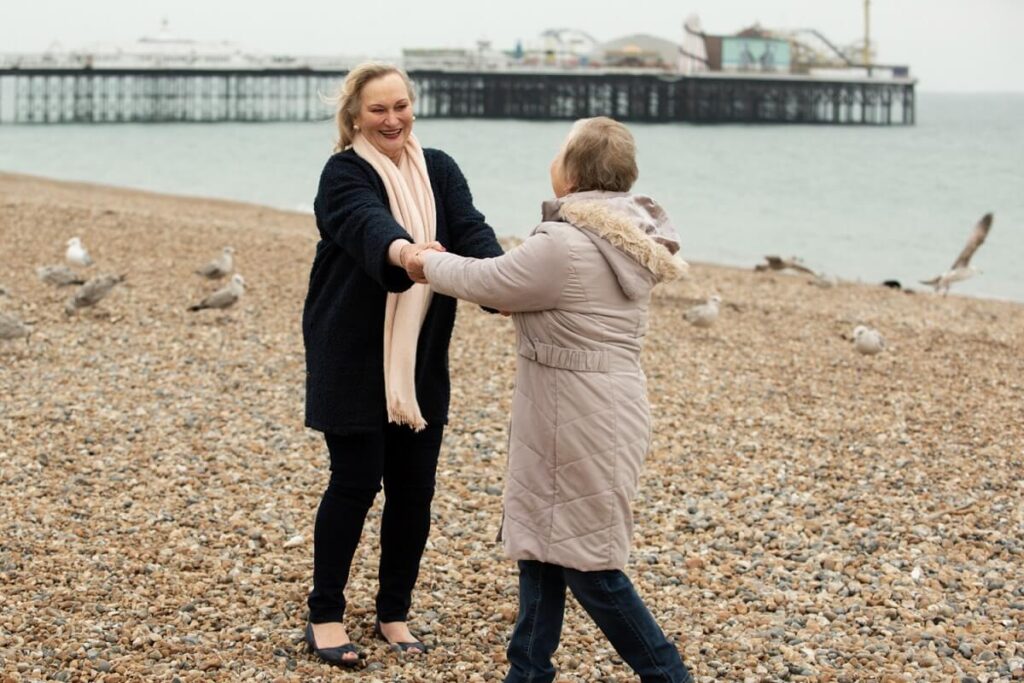The ancestral route entitles a Commonwealth citizen, who has a grandparent born in the UK, to gain entry to the UK. The visa will permit you to take up or seek employment and eventually settle in the UK. At the end of a five-year period on this visa, you can qualify to apply for Indefinite Leave to Remain.
Who is eligible?
- You are aged 17 and over
- You are a Commonwealth citizen
- You are able to prove that one of your grandparents was born in the UK and Islands
- You are able and planning to work in the UK
- You are able to satisfy the maintenance and accommodation requirement, ie; you have sufficient funds without recourse to public funds to support and house yourself and any dependants
To satisfy the “ancestry” requirement, you must show that you have a grandparent born in any one of the following circumstances:
In the UK, including the Channel Islands and the Isle of Man Before 31 March 1922 in what is now the Republic of Ireland On a British-registered ship or aircraft
Please note that the birth of a grandparent in a British colony or a military base overseas will not make you eligible for an ancestry visa. You can, however, still claim ancestry even if either you or the relevant parent were adopted, or born outside marriage in the UK. That said, UK ancestry cannot be claimed through step-parents.

Our Professional Solicitor's are available in person at our offices or via the phone, Call us Today
This documentation could include the following:
- Your full birth certificate
- The full birth certificates of the parent and grandparent that your ancestry claim is based on
- The marriage certificates for your parents and grandparents if they were married
- The legal adoption papers if you or the parent that your ancestry claim is based on are adopted
- Evidence that you are planning to work in the UK
- Recent bank statements to show that you have enough money to support yourself
- Any tuberculosis test results if you are resident in a country where you are required to take the test
Other documents may be required depending on your circumstances. Taking professional advice will ensure you compile and submit a comprehensive submission.
In relation to the “work” requirement, you do not have to be working at the time you apply for an Ancestry Visa, but you must have the ability and intention to work in the UK. In other words, you must show with reference to documentation that you genuinely intend to seek work in the UK and have a realistic prospect of finding work.
As such, you will either need the offer of a job from a UK employer or, where you plan to work for yourself, a business plan for self-employment.


What if my Ancestry Visa application is refused?
There are various reasons why an application for an Ancestry Visa may be refused, for example, where the applicant has failed to prove that they are actively seeking work or where they have been unable to locate their grandparent’s original birth certificate.
However, in the event that your Ancestry Visa application is refused, there is no right of appeal. You will only be able to ask UKVI for an Administrative Review of their decision where you believe that the initial decision was incorrect.
In circumstances where your application has been refused on the basis that you failed to meet the eligibility criteria, or to provide the necessary documentation in support, then the refusal decision is unlikely to be overturned on review.
Take professional advice on your case to understand your options to challenge the Home Office’s decision, or whether a new application or a different immigration route would be appropriate in your circumstances.

Does an Ancestry Visa lead to ILR?
As well as meeting the residence requirement, you must also show that throughout the qualifying period you have been working or genuinely seeking work.
If you do not meet all the necessary requirements for ILR, you can instead apply for an extension to your Ancestry Visa to ensure you retain lawful status.
With ILR, you are also on the route to British citizenship. To apply for citizenship, you must have lived in the UK for 12 months with ILR status, unless you are married to a British citizen or person with UK settled status, in which case you can apply as soon as you attain ILR.
That said, where you were born outside the UK and one or both of your parents are British citizens, you may already be classed as a British citizen by descent. In these circumstances, you will not need to apply to naturalise as a British citizen.
Our Top UK Ancestry Visa FAQ’S
The fee to apply from outside the UK is £516, plus you will be liable to pay the Immigration Health Surcharge (NHS charge) as part of your application. The IHS will be calculated on the basis of how much leave you are granted, at a rate of £624.00 per year per applicant.
The documents could include the following:
- Your full birth certificate
- The full birth certificates of the parent and grandparent that your ancestry claim is based on
- The marriage certificates for your parents and grandparents if they were married
- The legal adoption papers if you or the parent that your ancestry claim is based on are adopted
- Evidence that you are planning to work in the UK
- Recent bank statements to show that you have enough money to support yourself
- Any tuberculosis test results if you are resident in a country where you are required to take the test
- Other documents may be required depending on your circumstances.
Taking professional advice will ensure you compile and submit a comprehensive submission
You will also need to have spent not more than 180 days outside the UK in any of the previous 5 years and demonstrate satisfactory knowledge of the English language and Life in the UK.
You can study while in the UK on an ancestry visa. If you are living in the UK with this visa you can also get married without any additional immigration permissions. You can only apply for an Ancestry Visa from your home country and not from within the UK.
You can apply to extend your visa and stay in the UK for a further 5 years. You must apply before your current visa expires. You can extend this visa as many times as you like, as long as you still meet the eligibility requirements.
You can apply for the Ancestry Visa for more than one time. The visa will be granted for five years. After the completion of five years, the main applicant can apply for the indefinite or for permanent residence. If you leave the UK, your visa will be expired, but you can apply for another from your home country.





